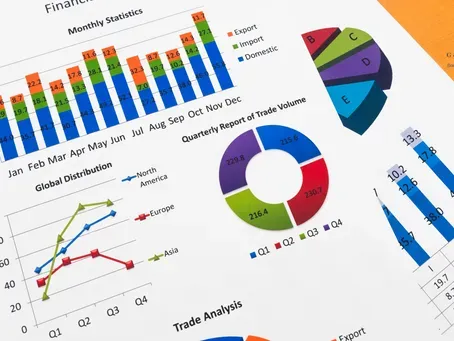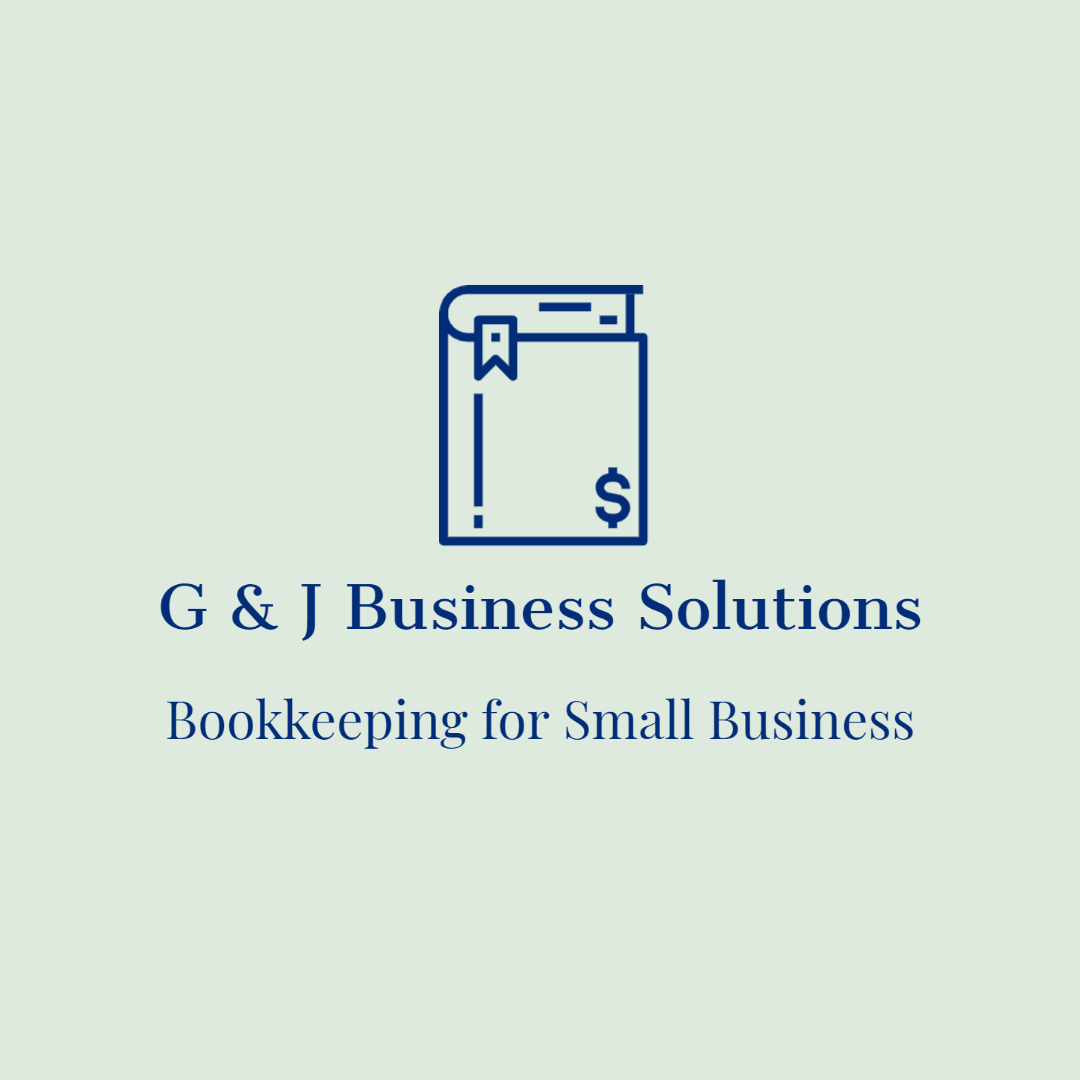G & J Business Solutions Blog

How Accurate Reporting Helps Your Small Business
Accurate financial reporting is a critical aspect of managing a small business. It enables small business owners to make informed decisions based on their financial data, identify areas for improvement, allocate resources effectively, and make strategic investments that drive the growth and success of their business. In this post, we will explore the importance of accurate financial reporting for small business owners, the benefits of using accounting software like QuickBooks, and examples relevant to small business owners.
Importance of Accurate Financial Reporting for Small Business Owners
Accurate financial reporting allows small business owners to track their cash inflows and outflows, monitor expenses, and identify areas where they can cut costs to improve their bottom line. It also provides a clear picture of their company's financial performance, including revenue, expenses, and profits, which is crucial when making strategic business decisions.
Accurate financial reporting is also essential for compliance with legal and regulatory requirements. Small businesses are required to file various tax returns and financial statements, and inaccurate or incomplete financial reporting can lead to penalties, fines, and even legal action.
Benefits of Using Accounting Software like QuickBooks
Using accounting software like QuickBooks can help small business owners streamline their financial reporting processes. QuickBooks provides a range of tools to manage financial reporting needs, including income statements, balance sheets, and cash flow statements. These tools provide a comprehensive overview of the company's financial status, enabling small business owners to make informed decisions based on accurate, up-to-date information.
Another advantage of QuickBooks is that it allows small business owners to generate reports in real-time, which means they can access up-to-date financial information whenever they need it. This real-time data can help small business owners make informed decisions based on accurate, timely information.
Examples Relevant to Small Business Owners
● Tracking Cash Inflows and Outflows: A small business owner who notices that their expenses are increasing month over month might investigate and discover that their utility bills are unusually high. This information can help the business owner identify opportunities to reduce their utility costs, such as switching to more energy-efficient light bulbs or upgrading their heating and cooling system.
● Clear Picture of Financial Performance: A small business owner who has been profitable but has noticed that their sales growth has been stagnant can review their financial statements and discover that their profit margins have been declining due to increased competition and rising expenses. Armed with this information, the business owner can make strategic investments to improve their operations and drive sales growth.
● Compliance with Legal and Regulatory Requirements: Failing to report all income can result in an audit from the Internal Revenue Service (IRS), while filing inaccurate financial statements can result in lawsuits from shareholders or creditors.
● Real-Time Data for Informed Decisions: A small business owner who reviews their cash flow statement to monitor their cash inflows and outflows can take action to improve their cash flow, such as invoicing customers more promptly or negotiating better payment terms with vendors.
Conclusion
Accurate financial reporting is critical for small business owners to make informed decisions, comply with legal and regulatory requirements, and drive the growth and success of their business. Small business owners should prioritize financial reporting and seek the help of a bookkeeping professional or QuickBooks ProAdvisor to ensure that their financial reporting is accurate, timely, and compliant with legal and regulatory requirements. With accurate financial reporting, small business owners can make informed decisions that will drive the growth and success of their business.



